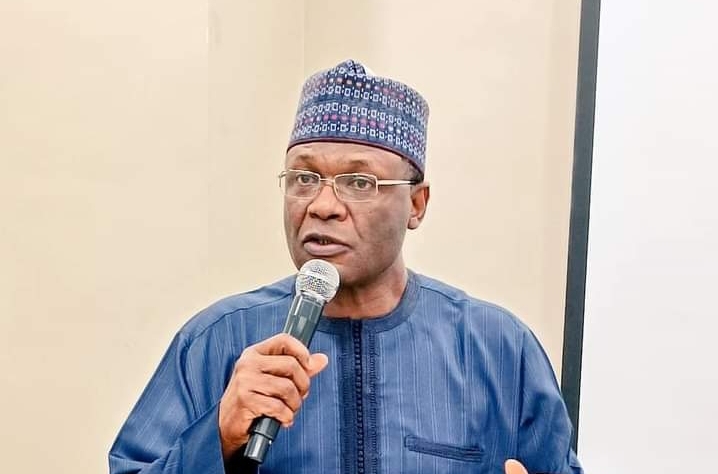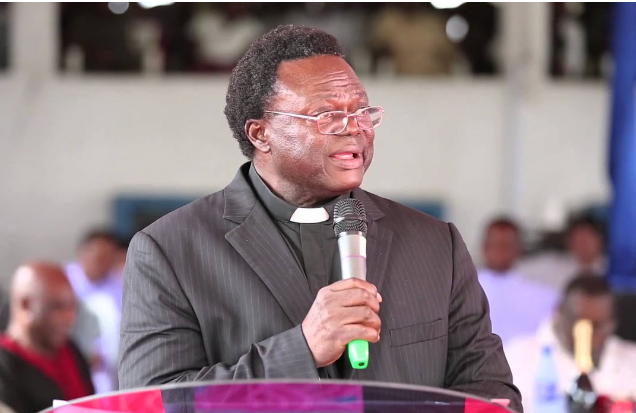The federal government says it would close the metering gaps and address the financial liquidity challenges facing Nigeria’s power sector.
Olu Verheijen, special adviser on energy to President Bola Tinubu, gave the assurance on Wednesday during a session at the 2024 edition of CERAWeek, organised by S&P Global Holding in Houston, the United States.
The session was themed, ‘Energising Tomorrow: Charting a Successful Path For Africa’s Energy Transition’.
In her remarks, Verheijen said the federal government is working on several initiatives to decentralise transmission and make sure that it is closer to the markets where there is electricity demand.
Advertisement
On the distribution side, she said different technologies are being deployed by the government to ensure more supply of electricity — especially for high-consuming customers.
The presidential adviser added that a lot of creative initiatives are being implemented to de-risk the power sector in Nigeria, despite the fiscal constraints.
She said while the International Energy Agency (IEA) had estimated an investment gap of $190 billion, the government may be unable to raise such funding considering the tight fiscal environment currently.
Advertisement
“So, if you look at this scale of investments that are required, you know, some entities like IEA have estimated about $190bn a year, we don’t have the fiscal space for that,” Verheijen said.
“So, what are we trying to do to make sure we are able to scale faster? We are making sure that we actually creatively target certain aspects that we think are catalytic to the rest of the entire value chain.
“So, we launched a presidential initiative recently. What are we using that to do? We say we need about $10 billion to double our transmission capacity, we don’t have that, but maybe we have a fraction of that and we can actually then make sure we procure metres, convert all of the 6 million customers that we [have] currently into paying customers with digital technology and smart metres and make sure we grow revenue that way.
“If we grow that revenue, then we’re able to make sure that we improve the financial viability of this public utilities and attract capital.
Advertisement
“So, that’s an example of how we’re being extremely strategic about the level of interventions that we have within our limited fiscal space.
“Once that is done and we have closed the metering gap, you have to address the financial liquidity issues, that tends to be. When you’ve de-risked that entire value chain, we can then have more capital to that grid and then expand access and grow consumption.”
On February 15, Adebayo Adelabu, minister of power, said it is difficult for Nigeria to continue to subsidise electricity due to the N3 trillion debt generation and gas companies.
Advertisement
Add a comment






